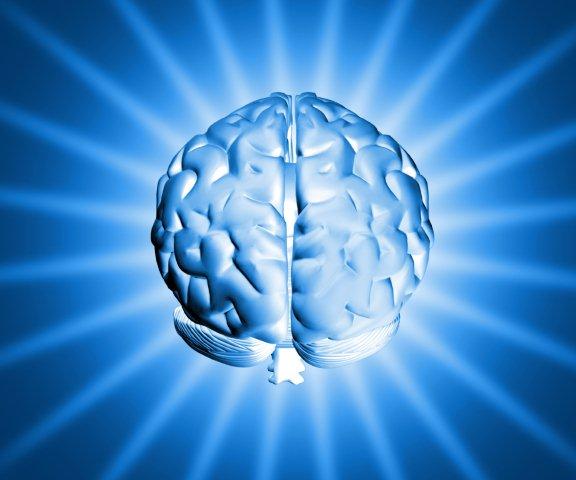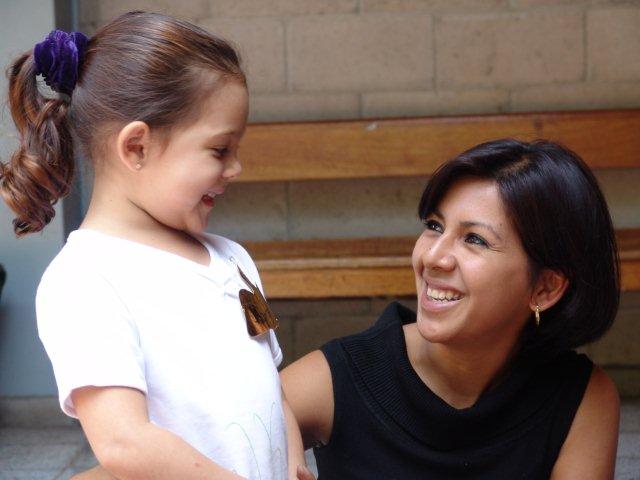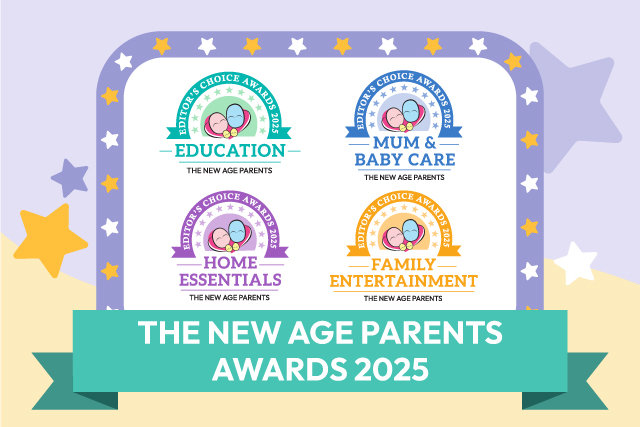Brain’s Primary Function
The brain is a marvelous organ. Its main job is learning and it has no limits. Usually when learning takes place, we are not aware that it has taken place. When your child shows reluctance to learn, it is not necessarily the brain that is at fault.
 All Children Can Learn
All Children Can Learn
All children can learn, even the child who appears to be careless, lazy or stubborn. Every child’s brain is unique and the more a child learns, the more unique each child becomes. Life outside school is complex and everyone can contribute to society in different ways. So we should not expect our children to conform to one particular set of learning methods.
Role of Parents
Parents can either promote or even inhibit learning, so they actually play an important role in brain-based learning. A common scenario is that when a child does not seem to respond well to conventional methods, he or she is labeled as inattentive, stupid or plain lazy. This goes against the principles of brain-based learning which would entail changing the methods or approaches to suit the needs of every child and offering choices.
School and life experiences can affect the way the brain functions. We should not ‘kill’ a child before he/ she has ‘bloomed’. Our children today are very much pressurized at school, so parents should not add to it. They should offer more support at home and even discuss with the teachers on different ways of reaching out to their children.
Knowing the Psychology of Children Can Help
Not all children progress at the same pace, so we should not expect equal achievement based on chronological age. In school, it would be ideal if teachers could experiment with many creative methods that are challenging for all their students. At home, parents may do the same. At least they can discuss this with their child’s teachers if their child is not performing as expected in school.
Day Dreaming- A Learning Tool!
Some children are often scolded for day dreaming. However even daydreaming can be a learning tool; it is a kind of mental patterning, just like problem solving or critical thinking. A child can only grow and learn only if he or she feels respected and understood. We should facilitate learning, not push learning down the throats of our children. Children are also human and they have feelings, so we should be sensitive to how they feel. Mutual respect and acceptance will help keep communication lines open between the adults and the children. It is this, not constant nagging, that would promote learning.
Two-Brain Doctrine
Research has shown that the right and left hemispheres of the brain have different functions. Also, both hemispheres interact when a normal healthy person learns. One section of the brain breaks up information into parts and the other looks at it as a whole or a series of wholes. This aspect of the brain is called the ‘two brain’ doctrine and a good learning model should take this into account.
For example, in the learning of a language, it is the whole-language experiences of a child that is important, not components of it like grammar or vocabulary. This is because learning is cumulative and developmental and a certain time frame should be provided for the child to fully grasp what he or she has learnt. Every aspect of a language that is taught should be shown to be integrated, not separate items.

A Passionate Teacher
Passion is a great tool when it comes to teaching and learning. Parents who show are passionate about learning will usually have children who follow suit as they subconsciously become perfect role models for their children. Our enthusiasm is transferred to our children who automatically become enthusiastic in learning.
Our genuine compassion and dedication cannot be faked. Children are very perceptive and can easily tell if we are genuinely concerned or not. As parents we should not just preach, we should walk the talk with our children. We need to play a more active part in inspiring our children to learn.
Using a Thematic Approach
Children’s minds, just like ours, are processing information all the time. They try to make sense of what they have learnt; the brain remembers better when a person stores information that has some bearing on prior knowledge and actual experience. The brain takes a longer time to remember isolated bits of information. So, we cannot expect our children to memorise chunks of unrelated information.
We need to attend PTA meetings regularly and discuss with teachers as to what they they doing to motivate our children. We also need to work hand in hand with the teachers by providing the necessary support at home. We should not merely leave the education of our children to others.
Promoting Experiential Learning
Brain-based learning favours experiential learning. Classroom demonstrations, projects, field trips, visual imageries of experiences and performances are some ways of promoting experiential learning. Stories and dramas are other ways. For example, vocabulary can be taught through skits or drama and grammar can be learnt not in isolation but in process, through stories or writing. If possible, all the senses should be utilized for learning to take place.
Low in Threat, High in Challenge
I have shown how our brain’s power to assimilate information can either be enhanced or diminished. If we are exposed to material that is beyond our capacity, our brains downshift and we under perform but when we are exposed to material that is challenging, our brain works optimally and we succeed. So, the guideline is to create a learning environment that is low in threat and high in challenge.
Hope you like this articles on brain based learning and if you find it useful, do share it to your friends. Thanks.
About the Author
Fauziah Shah has a Masters Degree in English Language with training in Learning Disorders. Founder of Petra Education Centre & creator of Petra Phonics, a systematic method helping people to read, write & spell effectively. She is also a professional speaker, writer & therapist.
If you find this article useful, do click Like and Share at the bottom of the post, thank you.
Want more comprehensive info? Check out our e-guides here.


















































